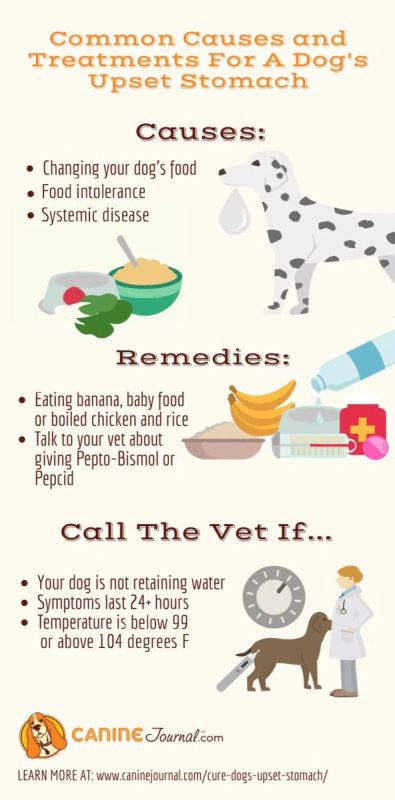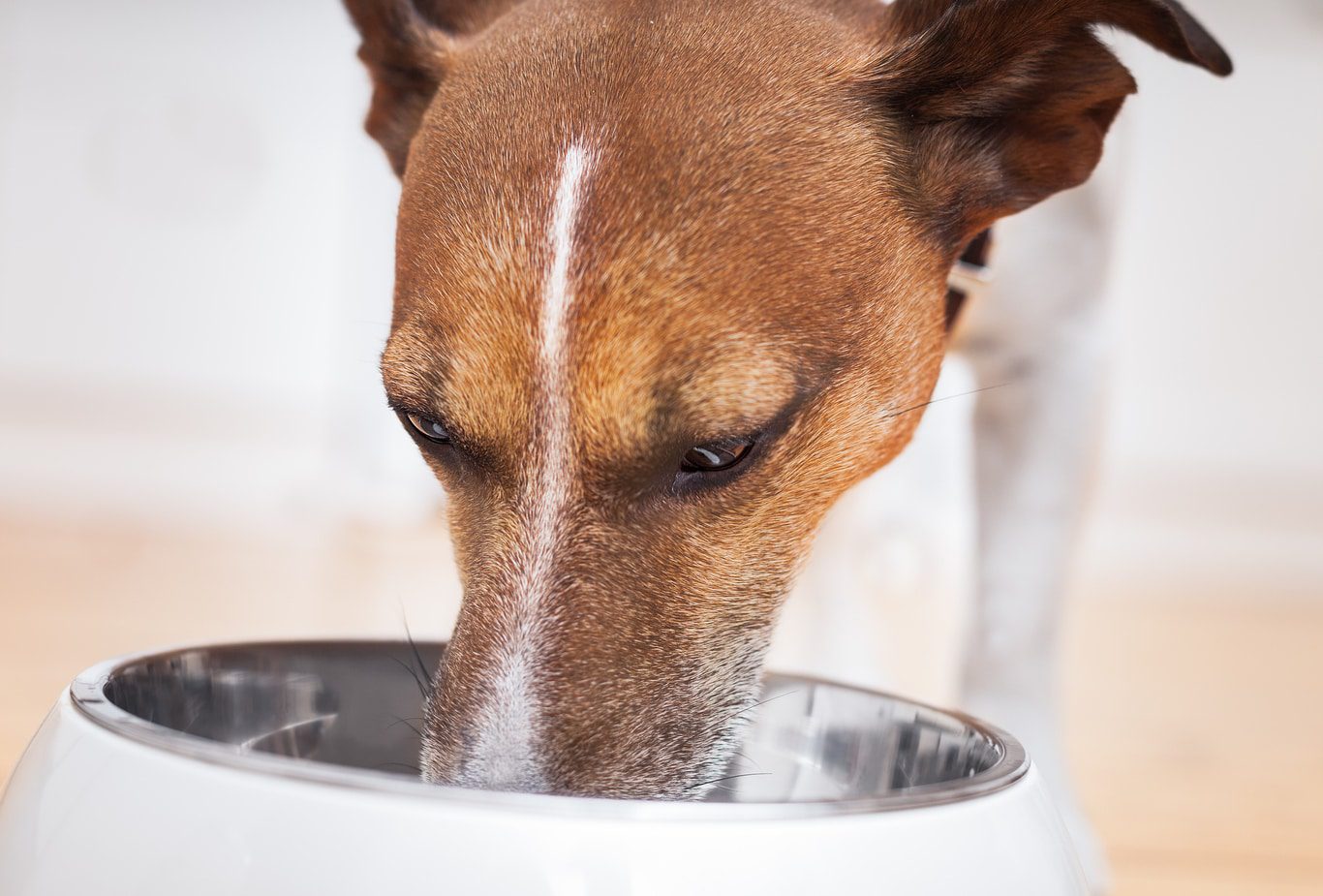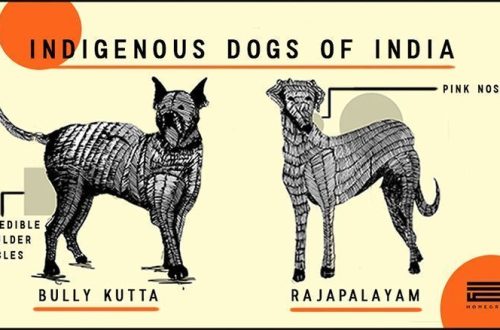
How to treat an upset stomach in a dog
There are a million reasons why being a pet owner is exciting and rewarding, but having to deal with digestive problems in dogs is definitely not one of them. It doesn’t matter how old your dog is or how well-bred it is, it can happen to anyone. You’ve probably heard the sounds of vomiting from another room more than once, or seen your puppy throwing up in the backyard. When it comes to cleaning, rubber gloves and air fresheners are very familiar to pet owners. All of them have to deal with pet indigestion sometimes, so here are a few ways to help manage these problems and reduce their frequency and severity.
Keep calm
At certain points in your dog’s life, your dog is likely to experience some digestive issues, and at those times it’s important to make sure the dog is okay before worrying about vomit on the couch or carpet. If you notice blood or your dog is trembling and unable to move normally, you should seek the help of a veterinarian immediately. However, if your dog is just having diarrhea or is refusing food in the absence of other symptoms, you may want to wait a day to see if it improves. The American Kennel Club (AKC) recommends that your dog not be fed for 12 to 24 hours after a seizure, unless it is an older animal, puppie, or very small breed with low endurance. Always make sure your pet has plenty of fresh water, and check with your veterinarian if he seems too weak or lethargic. Once things start to get better, AKC suggests slowly feeding him blender-blended, easy-to-digest food. If it was just an upset stomach, the dog should be back to normal within a day or two. It’s a good idea to call your veterinarian and get their opinion on whether you should bring your pet in for an appointment.
While you’re weathering the storm (and cleaning up all the time), try to use natural cleaners – PetCoach has a few suggestions for this – and keep your dog in a specific spot in your home, near your front door. Also, think about any changes that have recently taken place in your home, or what the dog may have eaten that led to illness. The Pet Poison hotline lists the standard range of household items that are toxic to dogs, from foods like chocolate to the unexpected like allergy pills. As soon as you notice digestive problems, you need to monitor changes and the frequency of vomiting or diarrhea. If you do need to see a veterinarian, your observations will help them diagnose and determine whether the problem is temporary or a sign of a more serious illness.
During the period when the dog has digestive disorders, remember to remain calm and refrain from shouting and punishing when the dog does business in the house. Making her feel tense or anxious will only make things worse. Here are some helpful tips for dealing with your dog’s digestive problems that will save you a lot of headaches:
- Walk her or let her outside more often than usual. It’s better for the dog to “make a mess” outside rather than inside the house.
- Keep it in a room or other areas that are easier to clean. If, under normal circumstances, your dog can run around the house while you are away, then in such a situation it is best not to let him out of a room where there is no carpet and where it will be easier for you to clean up any surprises. While you’re away, it’s best to keep your pet in areas such as the bathroom, kitchen, or laundry room, as floors are often tiled, linoleum, or wood.
- Use dog diapers: While they may not be the most fashionable clothes for your pet, they will help you avoid unnecessary cleaning.
Proper nutrition is a top priority
Some sensitive stomach problems can be prevented if your pet gets the right food in the right amount. If you decide to change your dog’s food, you should make the transition gradually, mixing the new and old food to reduce the risk of digestive problems. How to treat a dog’s stomach? It’s important to talk to your veterinarian about any dietary changes, as well as the nutritional supplements you give your dog. Most animals do not need vitamins or supplements, according to the American Veterinary Medical Association (AVMA). All meals can and should consist of a balanced dog food. The AVMA also emphasizes that supplements can be harmful to your pet. Side effects of glucosamine, for example, include gastrointestinal disturbances and problems with blood sugar regulation. The only person who really knows if your dog needs supplements is your veterinarian, so don’t rely on flashy ads or recommendations from friends.
The same applies to any folk remedies for canine diarrhea or nausea that you may have heard of. These are both antidiarrheals for humans, and elm leaves or probiotic capsules. Check with your veterinarian before giving your dog anything other than food and water.
Anyone who has had a dog at least once in their life knows that digestive problems can occur periodically, so know that you are not alone. While these problems can be frustrating to deal with, try to remain calm and work with your veterinarian to find a solution that will reduce the risk or eliminate any gastrointestinal problems in the future. The healthier your dog is, the more time you can spend together doing fun and useful things.






